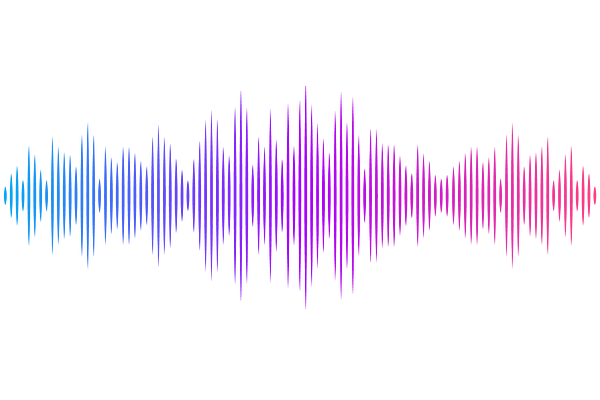Bayesian reconstruction of primordial perturbations from induced gravitational waves

Bayesian reconstruction of primordial perturbations from induced gravitational waves
Aya Ghaleb, Ameek Malhotra, Gianmassimo Tasinato, Ivonne Zavala
AbstractThe formation of primordial black holes or other dark matter relics from amplified density fluctuations in the early universe may also generate scalar-induced gravitational waves (GW), carrying vital information about the primordial power spectrum and the early expansion history of our universe. We present a Bayesian approach aimed at reconstructing both the shape of the scalar power spectrum and the universe's equation of state from GW observations, using interpolating splines to flexibly capture features in the GW data. The optimal number of spline nodes is chosen via Bayesian evidence, aiming at balancing complexity of the model and the fidelity of the reconstruction. We test our method using both representative mock data and recent Pulsar Timing Array measurements, demonstrating that it can accurately reconstruct the curvature power spectrum as well as the underlying equation of state, if different from radiation.